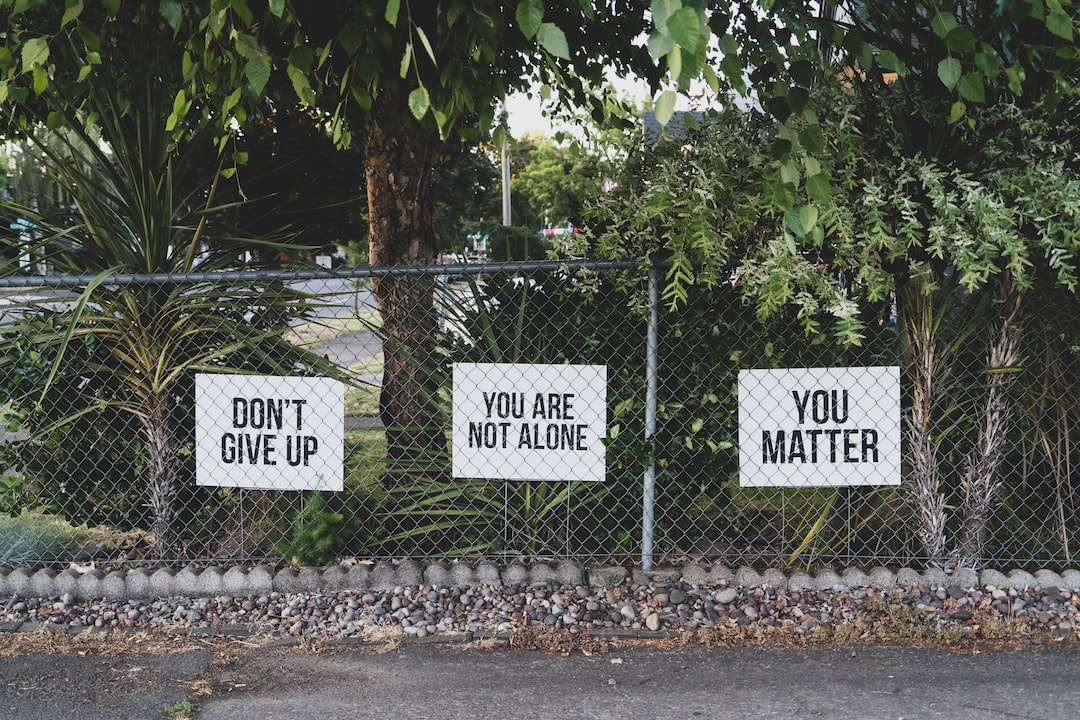The Role of Community Education Centers in Lifelong Learning
In today’s fast-paced and ever-changing world, the importance of lifelong learning cannot be understated. Lifelong learning refers to the continuous acquisition of knowledge and skills throughout a person’s life, beyond formal education. This type of learning is crucial in enabling individuals to adapt to new technologies, industries, and societal changes. Community education centers play a significant role in promoting and facilitating lifelong learning opportunities for people of all ages and backgrounds.
Community education centers serve as physical spaces in local neighborhoods where people can come together to learn, explore, and grow. These centers offer a wide range of educational programs, courses, and resources that cater to the diverse needs and interests of the community. One of the primary objectives of community education centers is to make education accessible to all, regardless of age, socioeconomic status, or prior educational background.
One of the key roles of community education centers is to provide adult education and professional development opportunities. As industries evolve and job requirements change, adults often need to upskill or reskill to remain competitive in the workforce. Community education centers offer a plethora of courses and workshops that cover various subjects, including computer literacy, financial management, entrepreneurship, foreign languages, and vocational training. These programs not only enhance the employability of adults but also empower them to pursue personal interests and hobbies.
Furthermore, community education centers are dedicated to fostering a sense of community and social cohesion. They serve as gathering places where individuals can connect with others who share similar interests, ambitions, or challenges. By providing a space for people to interact, community education centers promote collaboration, networking, and the exchange of ideas. This social aspect of lifelong learning is invaluable as it encourages personal growth, improves mental well-being, and enriches the overall community fabric.
Additionally, community education centers play a vital role in bridging the digital divide. In today’s increasingly digital world, access to technology and digital skills are essential for full participation in society. However, not everyone has the resources or know-how to navigate the digital landscape. Community education centers often provide computer labs and internet access, allowing individuals to learn basic computer skills, access online resources, and develop competencies related to digital literacy. In doing so, these centers empower individuals who may otherwise be left behind due to the digital divide, opening doors to new opportunities and a more inclusive society.
In recent years, community education centers have increasingly recognized the importance of intergenerational learning. By providing opportunities for different age groups to come together, community education centers promote exchange and understanding between generations. Younger individuals can gain valuable insights and wisdom from the experiences of older adults, while older adults can benefit from the fresh perspectives and technological expertise of younger generations. Such intergenerational learning not only enhances the learning experience but also strengthens social bonds within the community.
In conclusion, community education centers play a vital role in lifelong learning by providing accessible and diverse educational opportunities for people of all ages and backgrounds. They serve as hubs for adult education, professional development, and the acquisition of new skills. Additionally, these centers foster a sense of community and social cohesion while bridging the digital divide and promoting intergenerational learning. Lifelong learning is not only essential for personal growth and development but also for societal progress and resilience. Community education centers hold the potential to transform lives, empower individuals, and create stronger, more inclusive communities.

